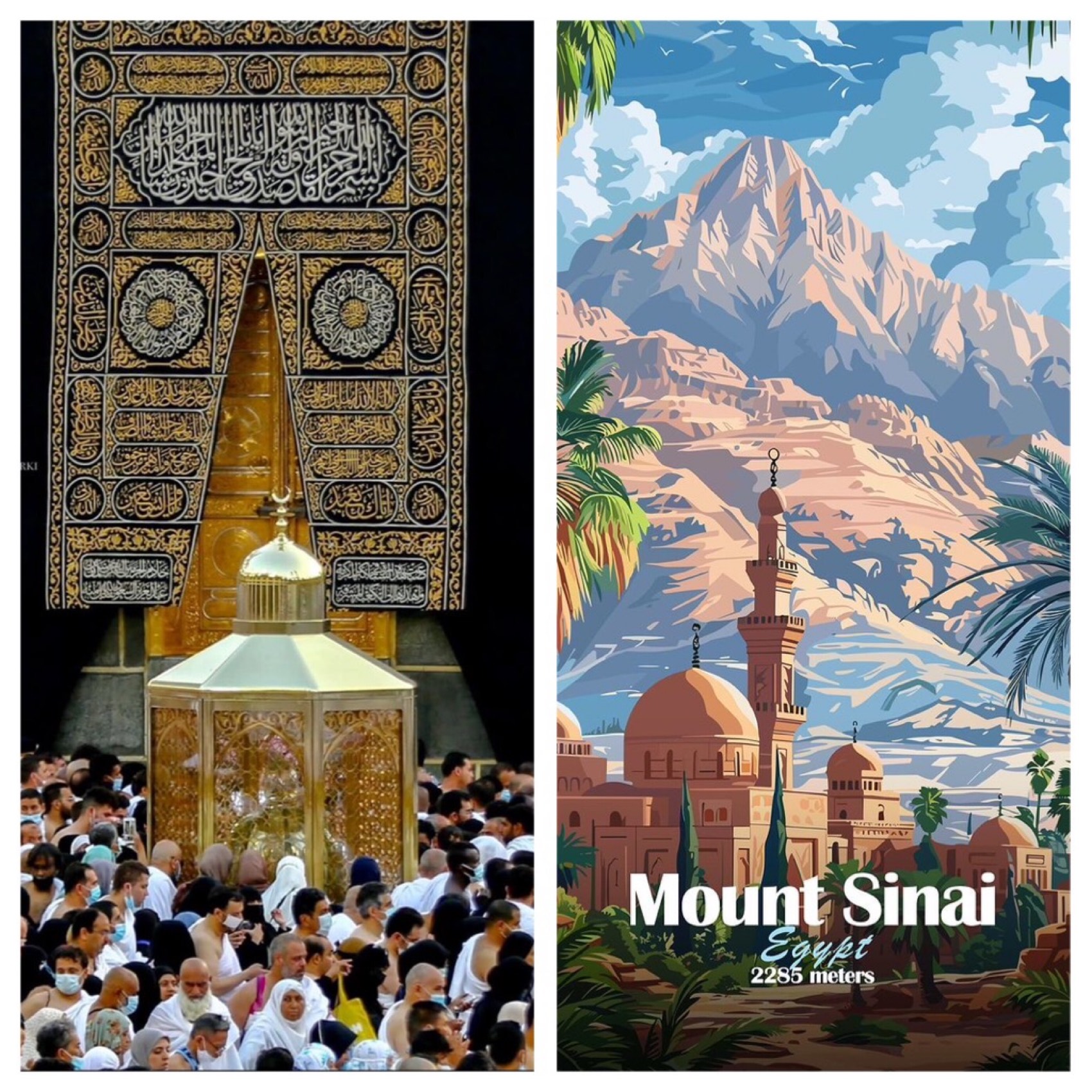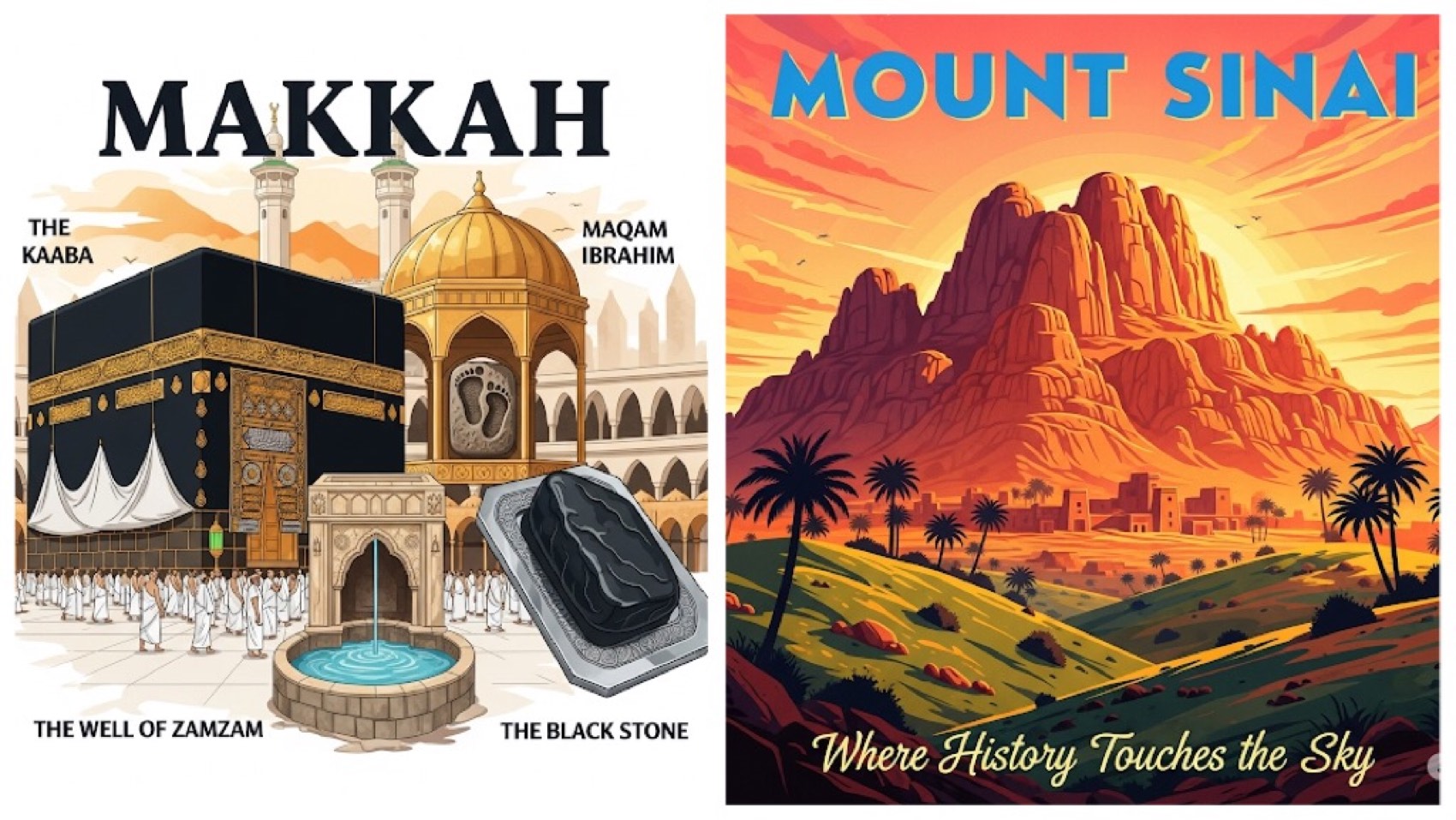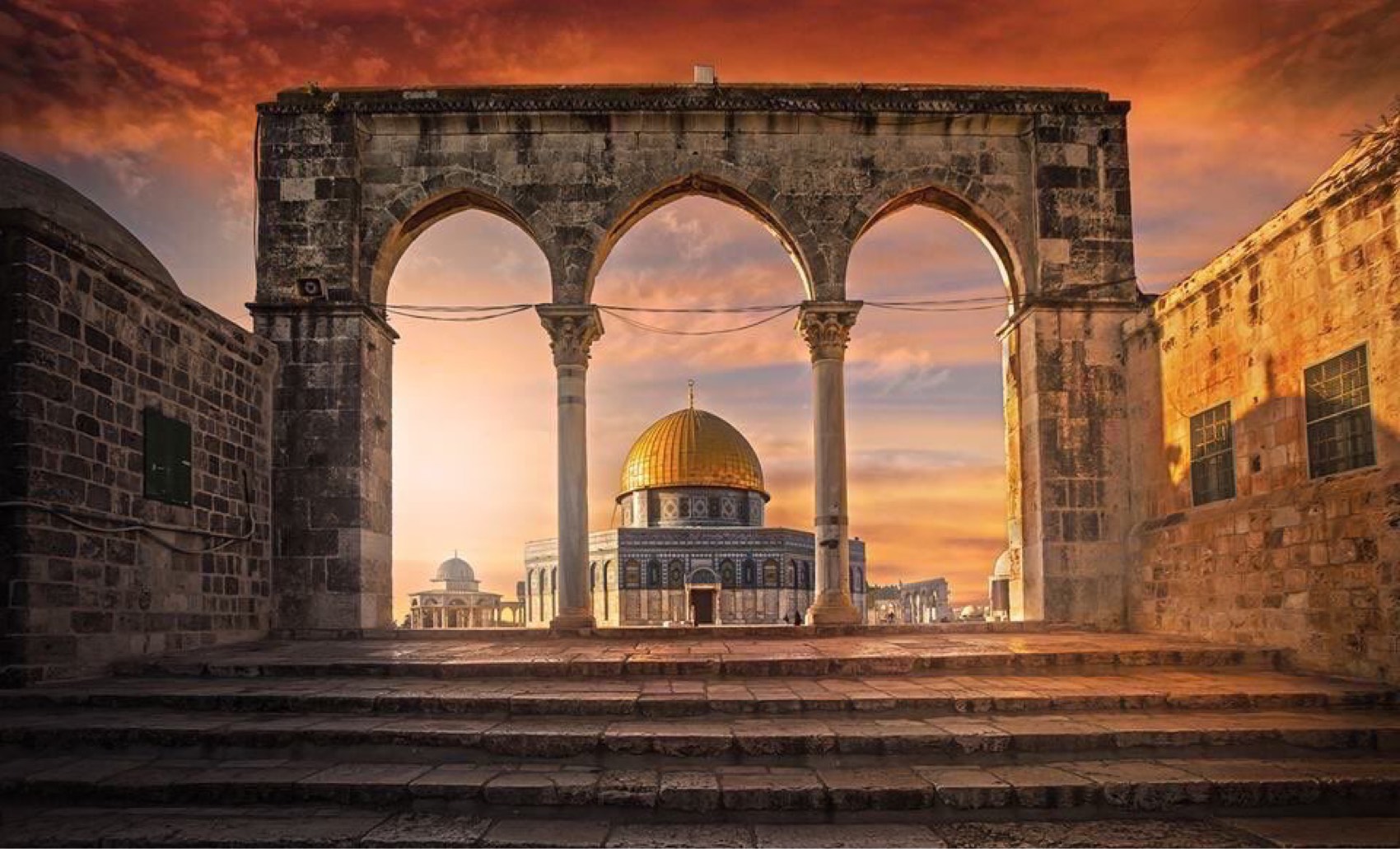Islam and the True Heir of the Abrahamic Covenant: Ishmael, the Sacrificed Son
As one journeys through the sacred scriptures of the Abrahamic faiths, a profound theme emerges: God’s covenant with His chosen servants. In Islam, this covenant begins not at Mount Sinai with Moses, but much earlier—with Abraham (Ibrahim عليه السلام), the father of nations. Unlike the Jewish and Christian traditions, which uphold Isaac as the central heir, Islam presents a compelling counter-narrative: it was Ishmael (Ismail عليه السلام)—the elder son—who was destined for sacrifice, and through whom the universal covenant was fulfilled.
The Abrahamic Covenant: A Universal Trust
According to the Qur’an, Allah made a sacred covenant with Abraham, declaring him a leader of mankind:
“Indeed, I will make you a leader for the people.”
Abraham asked, “And of my descendants?”
Allah replied, “My covenant does not include the wrongdoers.”
— Qur’an 2:124
This exchange sets the tone for an ethical and faith-based covenant, not one bound by ethnicity or tribal lineage. Abraham, in his submission to God, was promised leadership, guidance, and progeny who would uphold monotheism.
But what is often overlooked in Judeo-Christian retellings is the chronology and context of this divine pledge. When the covenant was established, Ishmael was the only son alive, having been circumcised alongside Abraham as a sign of this sacred pact (cf. Genesis 17:23–26). Isaac had not yet been born. The Qur’an emphasizes this continuity through Abraham’s prayer for a prophet from among his descendants:
“Our Lord, send among them a messenger from themselves…”
— Qur’an 2:129
Muslim scholars understand this to be a prophecy of Muhammad صلى الله عليه وسلم, a direct descendant of Ishmael, thus reaffirming Ishmael’s centrality to the covenant.
The Sacrifice: Ishmael, Not Isaac
Perhaps the most emotionally stirring moment in Abraham’s life is the divine command to sacrifice his beloved son. The Qur’an recounts this story in Surah Aṣ-Ṣāffāt (37:100–113), but not once does it name the son. Yet all contextual clues point to Ishmael:
“So We gave him good news of a forbearing boy.”
(37:101)
When the boy was old enough to walk with his father, Abraham said,
“O my son, I have seen in a dream that I must sacrifice you…”
(37:102)
This boy is obedient, submitting to the will of God without hesitation. Later in the passage, Isaac is mentioned separately, in a different context (37:112), indicating that he is not the son being referred to earlier.
Thus, from an Islamic viewpoint, it was Ishmael who was offered in sacrifice, not Isaac. The act was not merely a test of faith, but the ultimate sign of Abraham and Ishmael’s joint submission (Islam) to God. It also spiritually consecrated Ishmael as the heir to the Abrahamic covenant.
Circumcision: The Forgotten Proof of Ishmael’s Precedence
The sign of the Abrahamic covenant—circumcision—was first performed on Abraham and Ishmael, as recorded in the Bible:
❝That very day Abraham was circumcised… and his son Ishmael was thirteen years old.❞ (Genesis 17:24–25)
This took place before Isaac’s birth (Genesis 17:21, 21:2), indicating that Ishmael was the only son included in the covenant at that critical moment.
In Islam, actions carry covenantal weight. Ishmael’s circumcision is not a mere detail—it is a sacred sign of his full inclusion and precedence.
The Sinai Covenant: Conditional and Revoked
Generations after Abraham, the Israelites entered into another covenant at Mount Sinai during the time of Moses (Mūsā عليه السلام). This Sinai Covenant, detailed in both the Torah and the Qur’an, involved the giving of divine law (Torah) and required strict adherence to God’s commandments.
But this covenant was conditional. The Qur’an frequently reminds the Children of Israel of their repeated breaches:
“And [recall] when We took your covenant… but you turned away after that.”
— Qur’an 2:63
“Because of their breaking the covenant, We cursed them and made their hearts hard.”
— Qur’an 5:13
From the Islamic standpoint, the Israelites violated their trust with God through disobedience, distortion of scripture, and rejection of prophets. As a result, the Sinai covenant—while once valid—was revoked, and divine favor passed on to a broader, inclusive community centered around Islam.
Islam: The Final Fulfillment of the Covenant
In contrast to the ethnically bound covenant at Sinai, the Abrahamic covenant is universal and eternal, and its completion is found in the revelation of the Qur’an and the Prophethood of Muhammad صلى الله عليه وسلم.
“This day I have perfected for you your religion and completed My favor upon you and have approved for you Islam as your religion.”
— Qur’an 5:3
Islam presents itself not as a new religion, but as the restoration of Abraham’s original monotheism. It honors all previous prophets, acknowledges their scriptures in original form, but firmly asserts that the final covenant is through the message of Islam.
Conclusion: The Line of Ishmael Vindicated
In summary, the Islamic narrative realigns the story of divine covenants:
• The Abrahamic Covenant was first given to Abraham and Ishmael, rooted in faith, obedience, and universality.
• The Sinai Covenant, later made with the Israelites, was limited, legalistic, and ultimately broken.
• The final covenant, embodied in Islam, reaffirms the legacy of Ishmael, vindicates Abraham’s prayer, and brings the universal message of submission to God back to the forefront of human history.
Thus, from the Islamic perspective, Ishmael was not only the son who was offered, but also the true heir of Abraham’s mission—culminating in the birth of an Ummah, an Islamic nation, and a prophet of Islam, Muhammad صلى الله عليه وسلم, who would carry the covenant to all of humanity




